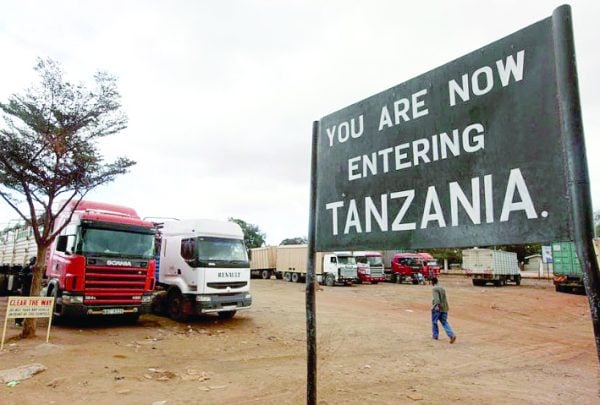Aiding cross-border tax certainty through advance pricing treaties

The Finance Act, 2025 – gazette on June 27, 2025 – introduced Advance Pricing Agreements (APAs) in Kenya, for the first time in Kenya’s history, to enhance cross-border tax certainty.
Cross-border transactions between related parties—such as parent companies and subsidiaries or entities with common shareholders—often trigger tax disputes over whether prices reflect arm’s length terms (prices that prevail in the open market).
For tax purposes, these entities must demonstrate that their relationship did not influence the pricing of intercompany transactions.
To address the risk of multinationals using related-party pricing to reduce taxes, these transactions are monitored as “controlled transactions” to protect the tax base.
However, due to the subjective nature of transfer pricing documentation, tax disputes involving the pricing of controlled transactions are often prolonged, time-consuming, and involve significant financial risks.
APAs aim at making the process easier.
An APA is a voluntary agreement between a taxpayer and the Kenya Revenue Authority (KRA) that pre-determines the pricing methodology for cross-border intercompany transactions for up to five years.
It functions similarly to private rulings, where a taxpayer seeks KRA’s position or opinion on the tax treatment of a transaction beforehand to ensure tax certainty.
However, APAs are limited to the pricing of transactions within Kenya’s transfer pricing regulations.
To obtain an APA, a taxpayer must submit detailed information about the controlled transaction, including the relationship between related entities and the transaction’s supply chain.
KRA reviews the proposal, may suggest modifications, and issues a binding agreement, revocable only if the taxpayer misrepresents material facts.
Kenya’s APA framework aligns with OECD Transfer Pricing Guidelines and Base Erosion and Profit Shifting (BEPS) Action Plans, particularly Action 14, which emphasises effective dispute resolution.
By adopting APAs, Kenya enhances tax predictability, reduces transfer pricing disputes, and fosters cooperation between KRA and multinational enterprises.
For taxpayers, the benefits of APAs are considerable. The elimination of uncertainty over future transfer pricing adjustments enables better tax planning and more accurate forecasting of tax liabilities.
This supports long-term investment decisions and reduces the risk of protracted disputes or audits.
The APA mechanism also represents a shift in approach—from enforcement to engagement. It provides a platform for meaningful dialogue between KRA and taxpayers on complex transfer pricing matters, encouraging transparency and cooperation.
The less adversarial setting facilitates a more objective assessment of information, and once an APA is in place, the need for detailed transfer pricing audits is significantly reduced, thereby saving the revenue authority time and administrative resources.
Additionally, the APA negotiation process allows the KRA to gain deeper insights into global business structures, pricing strategies, and sector-specific challenges.
This knowledge is vital for enhancing tax administration and shaping policies, especially for complex or high-risk international transactions.
However, it is important to note that the current framework allows only for unilateral APAs—agreements solely between the taxpayer and KRA.
While these provide tax certainty within Kenya, they do not bind foreign tax authorities.
Where cross-border transactions are involved, unilateral APAs may lead to inconsistent tax treatment, with foreign authorities potentially rejecting the agreed terms, leading to double taxation.
International tax best practices encourage the use of APAs on a bilateral or multilateral basis between competent authorities.
A bilateral APA involves the taxpayer and two tax authorities—typically those of the home and host jurisdictions—while a multilateral APA encompasses more than two jurisdictions.
Such agreements provide greater tax certainty by harmonising the positions of multiple tax authorities.
They help prevent inconsistent cross-border tax treatment and lessen the pressure on taxpayers to accept unfavourable terms simply to avoid costly audits and penalties.
To support the effective implementation of the APA regime, KRA is expected to issue supporting regulations within six months of the rollout on January 1 2026.
These regulations will provide guidance on application procedures, documentation requirements, evaluation criteria, and administrative processes.
If implemented effectively with clear rules, the APA regime will boost Kenya’s competitiveness, attract investment, and strengthen trust between taxpayers and the revenue authority.
It is set to become a vital tool for promoting tax certainty and cooperative compliance.
The writer is a Transfer Pricing Specialist at RSM (Eastern Africa) Consulting Limited.















